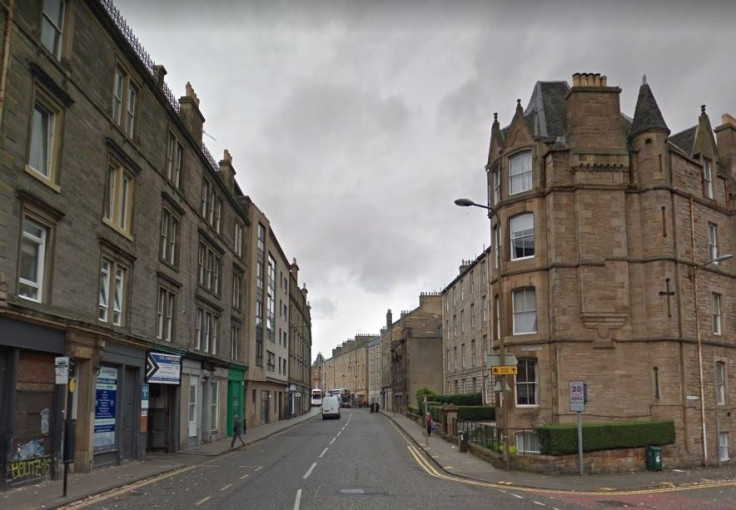Drunk stabbed man more than 30 times in vodka-fuelled row over 'stolen' bank card
Slawomir Lipinski and the victim had been drinking vodka together in Edinburgh before the attack.

A drunk who stabbed another man more than 30 times in a vodka-fuelled frenzy has been jailed for nine years.
Slawomir Lipinski, 36, pleaded guilty to attempted murder after a vicious attack on Martin Komosinski in February of last year. Although Komosinski survived, he has been permanently disfigured.
Lipinski was found in his Edinburgh flat shouting at his 28-year-old victim's bloodied body and accusing him of trying to steal his bank card.
Passing sentence at Edinburgh High Court on Wednesday (25 October), judge Lord Pentland told Lipinski he was lucky not to be facing a murder charge given the brutality of the incident.
"You have accepted that the attack was a murderous one," he told him.
"It was indeed an attack in which you displayed extreme violence because your victim was found to have more than 30 stab wounds on his body.
"He was fortunate to have survived such a vicious and sustained onslaught. The fact that you were drunk is no excuse at all for what you did."
The court heard how Lipinski, Komosinski and a third man had been drinking "a large amount of vodka" at the accused's flat in Duke Street on the day of the killing.
A flatmate later awoke to the sound of a disturbance, with Lipinski heard shouting: "You tried to rob me."
Prosecution lawyer Owen Mullan said a drunk Lipinski was then found struggling to get to his feet as his bloodied victim lay face down on the floor, the Edinburgh Evening News reported.
Komosinski was said to have been moving his arms, but not saying anything; Lipinski was shouting at his victim, accusing him of trying to steal from him.
When the police arrested Lipinski, he told them: "I wasn't trying to kill him, for sure, no way. Not attempted murder."
The judge said the victim had been permanently disfigured by the attack.
Euan Roy, defending, told the court that while his client had pleaded guilty to attempted murder, he found it difficult to accept he was capable of inflicting such violence.
He added: "He still struggles to accept the enormity of the events of that evening. He presents as someone who is quite agitated, anxious and upset when the evidence is mentioned and he is appalled at the level of the injuries suffered by the complainer.
"He cannot fathom that he is responsible for the extreme level of violence suffered by the complainer. He fully accepts that he will be made the subject of a lengthy prison sentence."






















